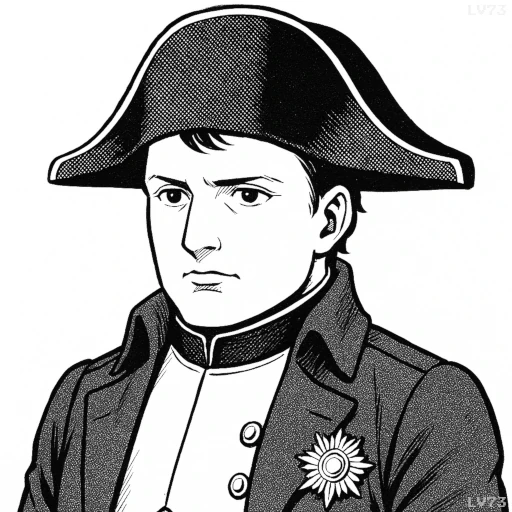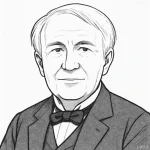“Forethought we may have, undoubtedly, but not foresight.”

- August 15, 1769 – May 5, 1821
- French of Italian descent
- French military officer and emperor
table of contents
Quote
“Forethought we may have, undoubtedly, but not foresight.”
Explanation
In this statement, Napoleon Bonaparte distinguishes between forethought and foresight, suggesting that while we can prepare and plan for the future (forethought), we cannot truly predict it (foresight). Forethought involves careful planning and anticipation, allowing us to take precautions and make educated decisions. However, foresight, or the ability to see exactly what lies ahead, is beyond our reach, as the future remains uncertain and subject to countless variables that we cannot control or foresee.
This insight is particularly relevant in decision-making and risk management. Individuals and organizations can use forethought to create contingency plans, assess risks, and prepare for potential outcomes, but they must also accept that there are limits to predictability. For instance, in business or personal life, people can strategize and set goals based on current information, yet unforeseen changes—like economic shifts, technological advancements, or personal challenges—can alter the course of events in unexpected ways.
Napoleon’s view serves as a reminder to balance preparation with flexibility. While forethought is essential for navigating uncertainty, it’s equally important to remain adaptable and open to change, understanding that we cannot anticipate every outcome. This perspective encourages us to make informed decisions while acknowledging the limitations of our control, fostering a mindset that values both careful planning and resilience in the face of the unknown.
Would you like to share your impressions or related stories about this quote in the comments section?


